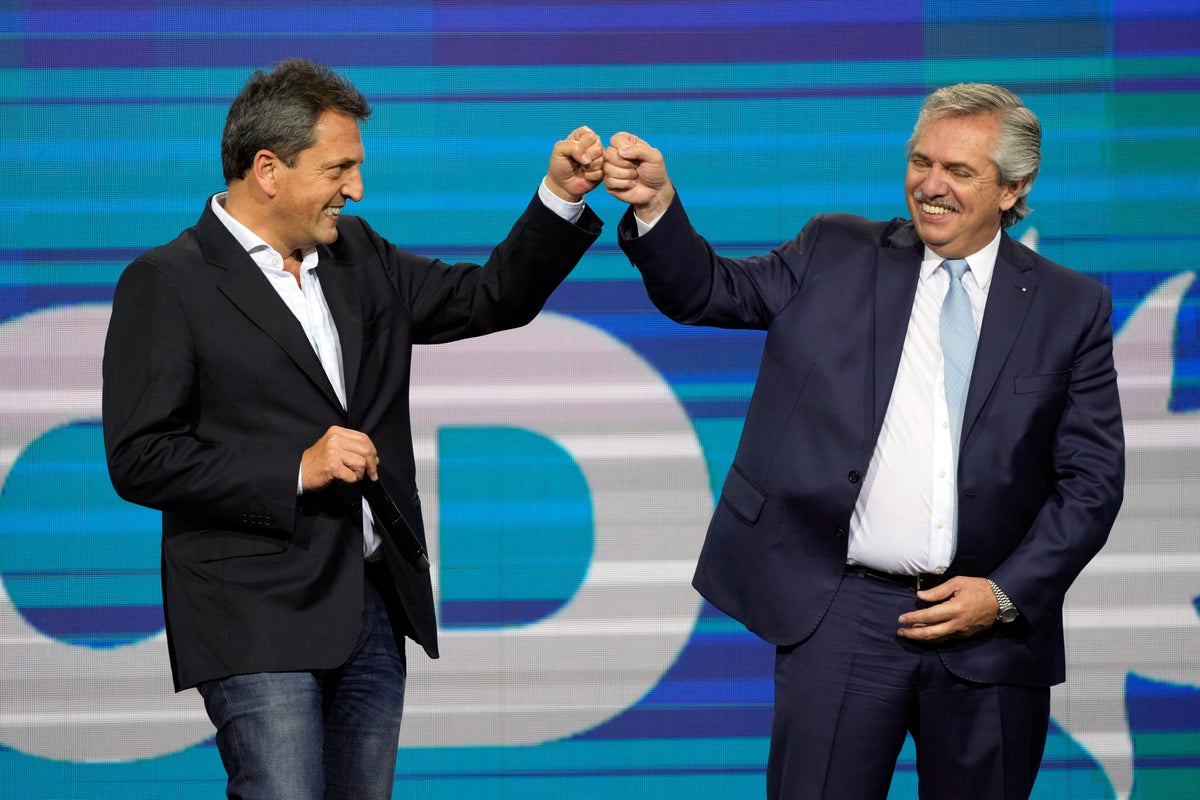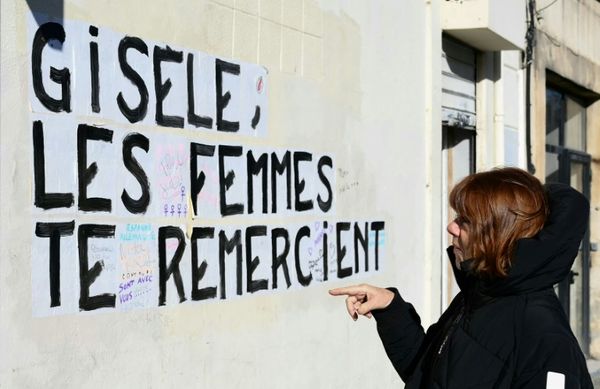
Argentina's government announced the appointment of an economic “super minister” Thursday, the third economy minister in less than a month as the country struggles with high inflation and a slumping currency.
Sergio Massa, the head of Congress' lower house, the Chamber of Deputies, will lead a new ministry that combines the current Economy, Productive Development, and Agriculture ministries, President Alberto Fernández’s government said.
The appointment comes only a few weeks since the left-leaning Silvina Batakis was tapped as economy minister after the more moderate Martín Guzmán abruptly quit, saying he wasn't getting political support in dealing with Argentina's economic woes.
Batakis is staying on in the government and will lead the state-owned bank Banco Nación. The former head of the Productive Development ministry, Daniel Scioli, will return to his previous role as ambassador in Brazil. Julián Domínguez, head of the Agriculture Ministry, the other formerly independent ministry, resigned.
Massa, a lawyer who is an influential leader in the governing coalition, will have to resign his legislative seat to take the new post in the Cabinet.
Batakis was sworn in as economy minister on July 4, two days after Guzmán resigned as tensions within the governing alliance burst out in the open.
Since then, Argentina’s already sinking peso has sharply depreciated in the financial markets amid broad expectation that a formal devaluation is all but inevitable at a time when inflation is running at an an annual rate above 60%.
Massa, a powerful former mayor who has long been a presidential hopeful and has a strong base of support among voters in Buenos Aires province, the country’s most populous, is seen as a moderate figure who has strong political influence to negotiate with different members of the coalition as well as the opposition.
Massa was named to Fernández's Cabinet on the same day that Batakis returned from the United States, where she met with officials from the International Monetary Fund amid questions about the future of a deal to restructure $44 billion in Argentine debt.
Left-leaning members of the governing coalition, including Vice President Cristina Fernández, have been highly critical of the agreement with the IMF worked out by Guzmán. They argue it includes too many concessions that would hamper Argentina’s economic growth.
Massa’s appointment comes after days of speculation that a Cabinet shakeup was coming as it became increasingly clear Batakis did not have the backing of the divided coalition to take on the politically sensitive role.
Early rumors that Massa would join the Cabinet led to a slight rise in the value of the peso Thursday as well as increases in prices of government bonds and local stocks.







